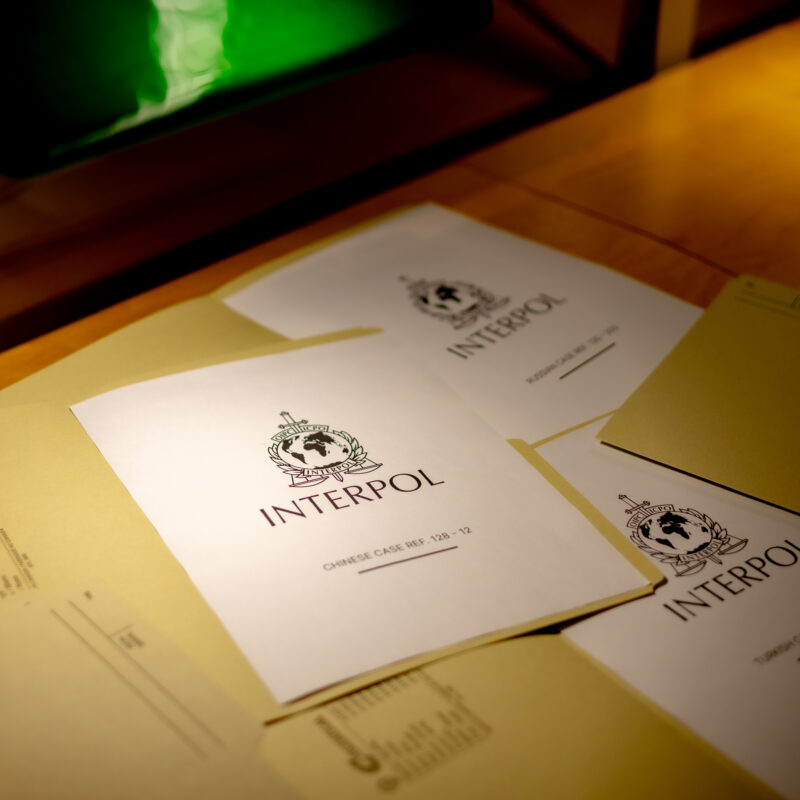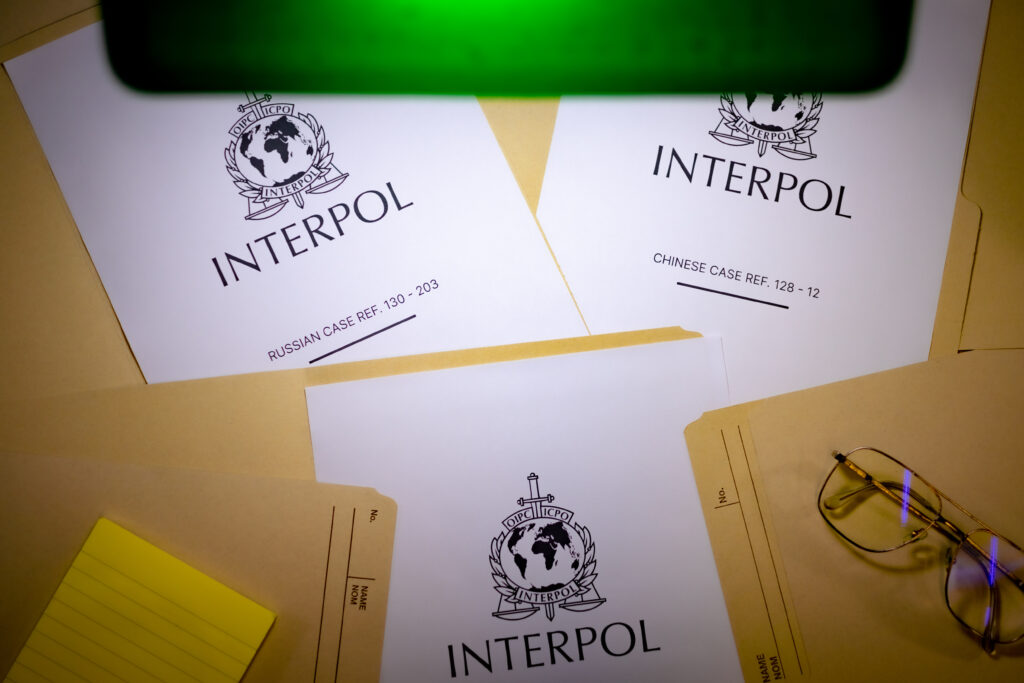Charlie Magri, a lawyer admitted to the Marseille Bar, France, is the founder of Otherside. As an INTERPOL lawyer, he has deep knowledge of INTERPOL’s rules and procedures and extensive experience challenging Red Notices before the Commission for the Control of INTERPOL’s Files (CCF). Before founding Otherside, he served for six years as a Legal Officer within the CCF Secretariat, the independent body that examines requests to access, correct, or delete data recorded in INTERPOL’s files.
This background provides a precise understanding of INTERPOL’s internal workings and individual remedies. It now underpins his practice, representing clients worldwide in Red Notice removal and other CCF proceedings.
















